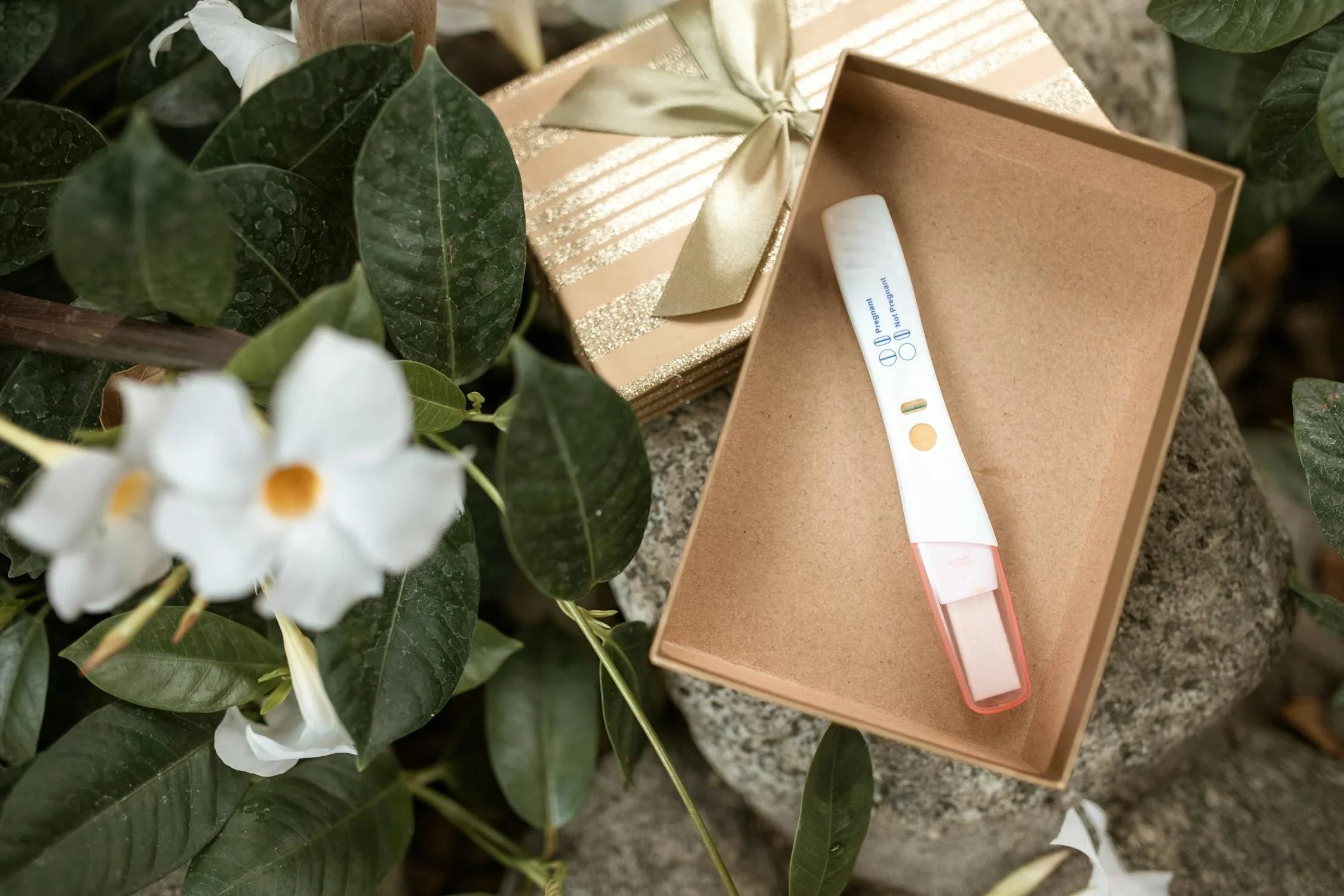Accueil
Pregnancy, Breastfeeding, and Pumping: The Ultimate Guide for Moms
Will a Pregnancy Test Be Positive Before Implantation: What You Need to Know

Will a Pregnancy Test Be Positive Before Implantation: What You Need to Know
When it comes to pregnancy tests, timing is everything. Many women wonder if a pregnancy test can show a positive result before implantation occurs. The answer lies in understanding the biological processes involved in conception and early pregnancy. Let’s dive into the details to clarify this common question.
What Is Implantation?
Implantation is the process where a fertilized egg attaches itself to the lining of the uterus. This typically happens 6 to 10 days after ovulation. Once implantation occurs, the body starts producing the pregnancy hormone human chorionic gonadotropin (hCG), which is what pregnancy tests detect.
How Do Pregnancy Tests Work?
Pregnancy tests are designed to detect the presence of hCG in urine or blood. This hormone is only produced after implantation, as it is secreted by the cells that form the placenta. Therefore, for a pregnancy test to be positive, implantation must have already taken place.
Can a Pregnancy Test Be Positive Before Implantation?
The short answer is no. Since hCG is not produced until after implantation, a pregnancy test cannot detect a pregnancy before this event. Testing too early may result in a false negative, even if conception has occurred. It’s essential to wait until after implantation to get an accurate result.
When Should You Take a Pregnancy Test?
To ensure the most accurate results, it’s best to wait until after your missed period. This usually gives enough time for hCG levels to rise to a detectable level. Testing too early can lead to unnecessary confusion and disappointment.
What Are the Signs of Implantation?
Some women may experience light spotting or cramping during implantation, often referred to as implantation bleeding. However, these symptoms are not universal, and many women do not notice any signs of implantation. The absence of symptoms does not indicate a lack of implantation.
Factors That Affect Pregnancy Test Accuracy
Several factors can influence the accuracy of a pregnancy test, including the sensitivity of the test, the timing of the test, and how the test is performed. Using a highly sensitive test and following the instructions carefully can improve the chances of getting an accurate result.
What If You Get a Negative Result?
If you receive a negative result but still suspect you might be pregnant, wait a few days and test again. hCG levels double every 48 to 72 hours in early pregnancy, so waiting can make a significant difference in the test’s accuracy.
Understanding False Positives and False Negatives
False positives and false negatives can occur for various reasons. False positives may be due to certain medications or medical conditions, while false negatives are often the result of testing too early. Being aware of these possibilities can help you interpret your results more effectively.
The Role of Blood Tests in Early Pregnancy Detection
Blood tests can detect pregnancy earlier than urine tests because they are more sensitive to lower levels of hCG. If you need confirmation of pregnancy before a missed period, a blood test may be a more reliable option.
Emotional Considerations When Testing for Pregnancy
Waiting to take a pregnancy test can be an emotional experience. It’s important to manage expectations and understand that early testing may not provide definitive answers. Support from loved ones and healthcare professionals can be invaluable during this time.
Myths and Misconceptions About Pregnancy Testing
There are many myths surrounding pregnancy testing, such as the idea that certain foods or activities can affect the results. It’s crucial to rely on scientific information and avoid falling for common misconceptions.
When to Consult a Healthcare Professional
If you have concerns about your pregnancy test results or experience unusual symptoms, it’s always a good idea to consult a healthcare professional. They can provide guidance, perform additional tests, and offer support throughout your pregnancy journey.
Understanding the relationship between implantation and pregnancy testing can help you navigate this exciting yet uncertain time. By knowing when to test and what to expect, you can increase the likelihood of getting accurate results and reduce unnecessary stress. Remember, patience and knowledge are your best allies when it comes to early pregnancy detection.
Partager
